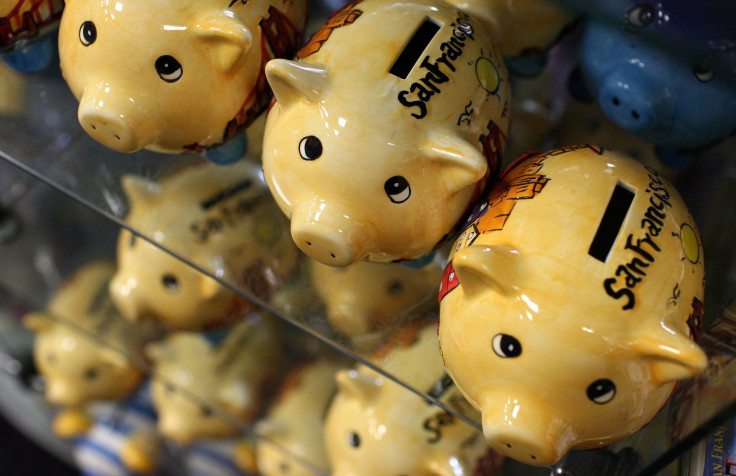Another Recession Coming? Many Americans Afraid To Spend Money, Choosing To Spend Less And Save More

Nearly two-thirds of Americans are cutting back on spending, but not necessarily because they don’t have the extra money, according to a study released Tuesday. Of 1,000 adults surveyed by consumer financial service Bankrate, 65 percent said they were tightening their budgets, but nearly a third listed the need to save more money as the top reason.
Millennial and Generation X respondents reported their desire to save more money at a slightly higher rate than older groups, with 48 percent of millennials and 31 percent of Gen Xers choosing a preference for saving as their top reason to cut back, compared to 30 percent generally. The Bankrate study had a margin of error of plus or minus 3.7 percentage points.
Of Americans aged 65 and older, 52 percent chose stagnant income as their top reason not to spend, compared to 25 percent generally, and 19 percent were cutting back because they were “worried about the economy,” compared to 15 percent generally.
“Worries about the economy are more concentrated in that group because their income was decimated by low interest rates” following the Great Recession, Bankrate Senior Financial Analyst Greg McBride told International Business Times.
He added that the older respondents were also less likely to have any desire to cut back because they’re already “living off of their savings,” and that a 25-basis point federal funds rate hike by the Federal Reserve—as expected in December—wouldn’t do much to ease their financial worries.
The percentage of homeowners over age 65 with mortgage debt rose to 30 percent in 2011 from 22 percent in 2001, according to a Consumer Financial Protection Bureau report released last month.
The urge to save might stem from a general lack of rainy day funds among millennials, who tend to have much smaller savings than their older counterparts, according to a study from GoBankingRates. The national saving rate was down to 5.7 percent in August, after reaching a high of 11 percent in December, according to the Federal Reserve Bank of St. Louis.
© Copyright IBTimes 2024. All rights reserved.






















